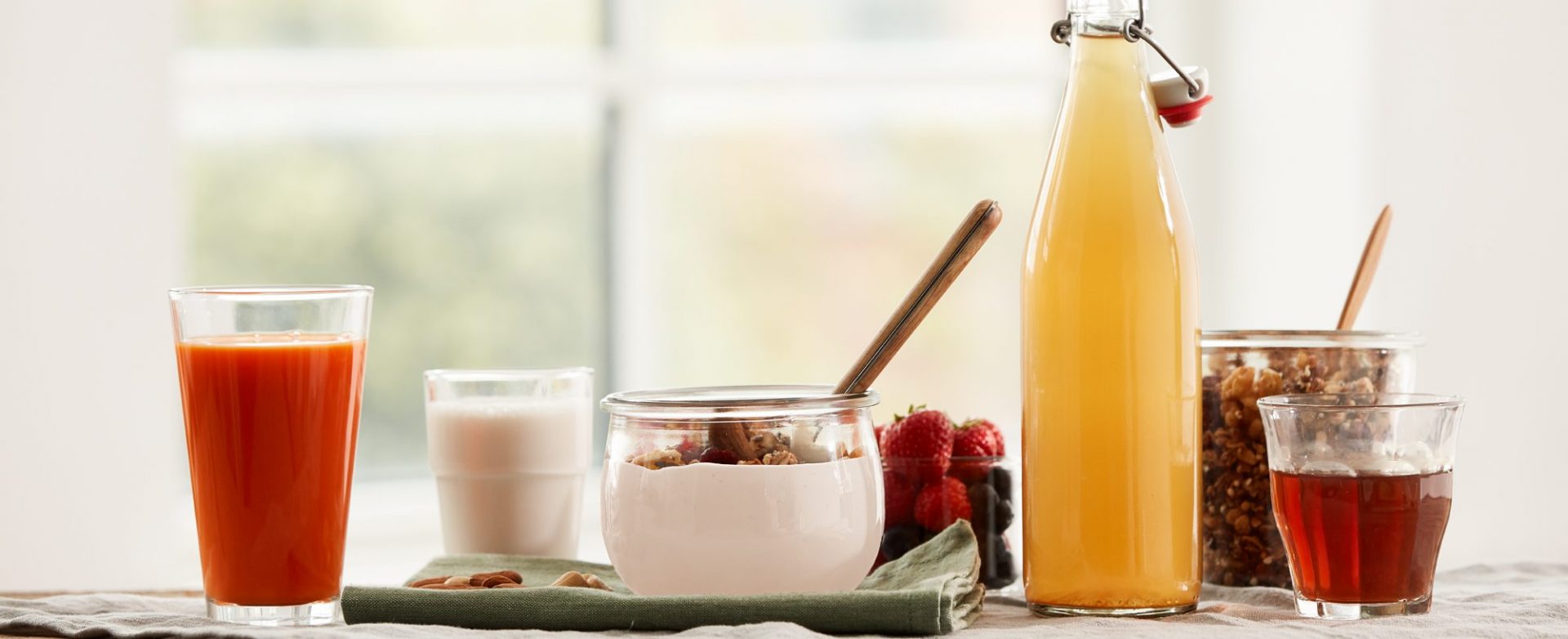Cultures provide longer shelf life for plant-based yoghurt
Up to 17% of all milk-based yoghurt is wasted in the EU and mainly because of an expired use-by date, according to the UK Waste and Resources Action Programme (WRAP). As demand grows for non-dairy yoghurts based on plants, the risk of waste could increase even more.
In Denmark, ingredient companies have long worked with natural protective cultures to extend the shelf life of fresh fermented dairy products by delaying yeast and mould spoilage. One of them is DuPont Nutrition & Biosciences.
So, when plant-based yoghurts started to capture the attention of flexitarian, vegetarian and vegan consumers around the world, DuPont had the right expertise to develop a new line of cultures to help them stay on the shelf for longer.
New culture line designed for fermented plant-based products can cut yoghurt waste by 30% in Europe
Up to 30% less waste
In 2019, DuPont developed HOLDBAC® YM VEGE, a new culture line especially designed for fermented plant-based products. HOLDBAC® YM VEGE is based on a formulation of bacteria specifically designed to extend the shelf-life of plant-based fermented food by reducing yeast and mould spoilage.
With DuPont’s HOLDBAC® YM VEGE protective cultures, manufacturers can expect up to 10 days of extra shelf life. WRAP estimates that an extra week’s shelf life can cut yoghurt waste by 30% in Europe.
As a result, food manufacturers can make plant-based yogurt and other fresh fermented products with a much lower environmental impact than regular dairy alternatives – while reducing food waste.


